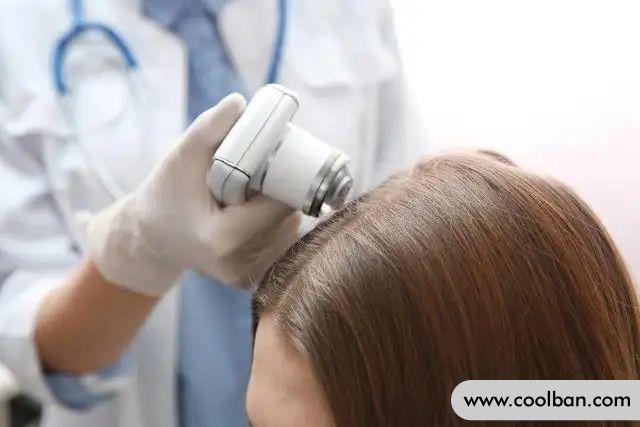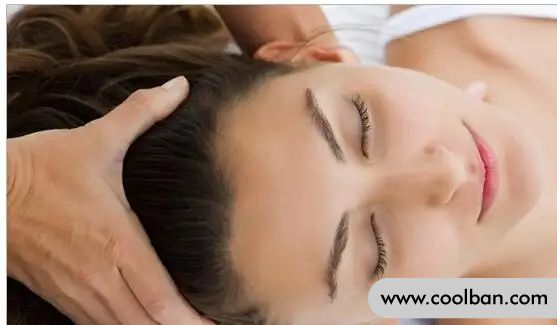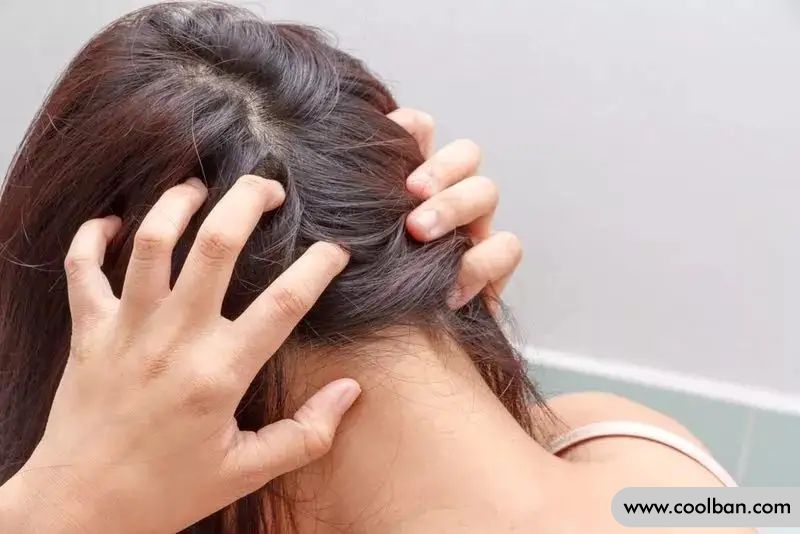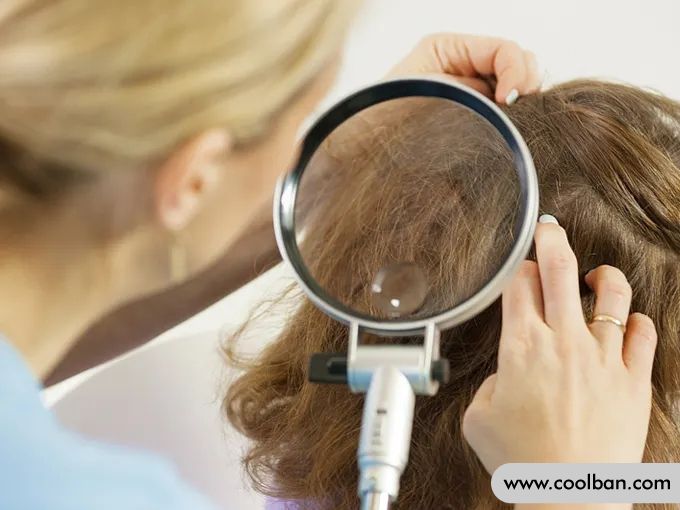How to do scalp care?
The scalp is thinner than the facial skin, 1/6 the thickness of the facial skin, and produces a lot of sebum. Therefore, the management of the scalp is more complicated than the management of the face, and the scalp is prone to lose the balance of water and oil, the balance of flora, and the balance of metabolism and other ecological balances. Causes scalp problems such as greasy scalp, dandruff and itchy scalp. So take care of your scalp.
How to do scalp care?
Scalp care 1. Adjust bad eating habits
Squeezing or stimulating the sebaceous glands can also increase oil discharge, and poor living and eating habits can significantly stimulate the sebaceous glands. So, first of all, you need to improve your eating habits, do not smoke, drink, eat spicy food, sweat profusely.

Scalp care 2. Pay attention to pillow hygiene
The pillows used for daily sleep are not only covered with substances such as oil, sweat and other substances secreted by the head, but also breed mites and bacteria, causing head flora imbalance, causing inflammation, mites, acne and other skin problems, seriously endangering the health of the scalp.
Pillows should be replaced every 1 to 3 years, cleaned every 3 months, and down pillows, sponge pillows, etc. can be dried in the sun.
Scalp care 3. Sunscreen
Shade and sun protection are essential to slow down the aging of the scalp. Physical sun protection, sun hats, umbrellas and other physical sun protection. Chemical sunscreens, sunscreen hair care products with sunscreen effects.

Scalp care 4. Massage the head
Massage the scalp with a comb to unclog the veins in the head, stimulate blood circulation in the scalp, and promote detoxification of the scalp. When combing your hair, it is best to choose an anti-static horn comb or a wooden comb to prevent split ends caused by static electricity.
Scalp care 5. Choose the right shampoo
Choose a safe and effective shampoo and consider your scalp condition. If you have oily, sticky hair, you have an oily scalp. For oily scalps, you should opt for a refreshing oil-controlling shampoo. If the scalp is itchy and often feels tight, then the dry scalp should opt for a mild shampoo with moisturizing and nourishing properties. Also, avoid strong alkaline shampoos and wash your hair without soap (except shampoo soap). If the cleaning power is too strong, the protective system of the scalp itself can be easily damaged, causing scalp problems.

Scalp care 6. Avoid dyeing or perming hair
Dyeing and perming is becoming an option for more and more people. We are well aware that perming and dyeing can damage our hair, but we always ignore the effects on the scalp. Chemical creams, dyes, and high temperatures can irritate scalp cells and increase scalp problems, making it more likely to cause dryness, itching, and even inflammation. Even hair dyes advertised as "all-natural" ingredients, or even new perms that don't damage your hair, can affect the scalp. The only solution is to reduce the frequency of dyeing and perming, and perform professional scalp care after dyeing and perming.
Scalp care 7. Adequate sleep
Lack of sleep is also a cause of scalp aging. Poor sleep quality means you work all day without getting enough rest. This can also lead to problems such as scalp aging and redness. This is a warning, so make sure you have enough effective sleep time.

Scalp care 8. Supplement the nutrition of the scalp
Supplementing some trace elements is very important to promote the synthesis of black hair melanin in the hair and the nutrition metabolism of the scalp.
Iron supplements: lean meats, seafood, offal, nuts, beans, some vegetables (spinach, etc.).
Copper supplements: liver, kidney, fish and shrimp, oysters, beans, sesame, etc. pigs, cattle, sheep;
Cobalt Supplements: Beets, cabbage, carrots, onions, tomatoes, etc.
Vitamin B supplements: whole grains, soy products, bone animal liver, milk, green leafy vegetables, etc. Vitamins B2 and B6 not only improve scalp health but also prevent seborrheic alopecia.
